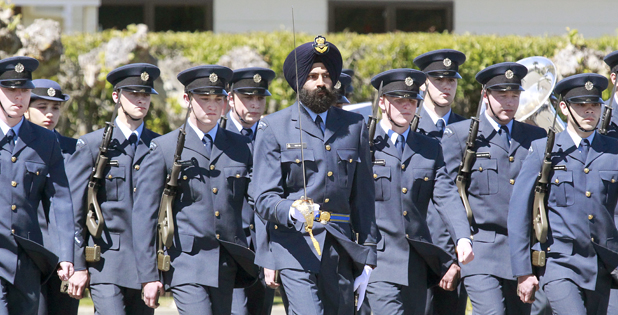A New Zealand India Research Institute was one of five memoranda of understanding signed between New Zealand and Indian institutions. The other MoUs covered areas such as vocational training, joint research training, student exchanges and ICT.
Collaboration and trade between New Zealand and India in the aviation sector is also set to grow following the signing of the India New Zealand Aviation Arrangement in New Delhi, says Economic Development Minister Steven Joyce.
The agreement was signed by the New Zealand High Commissioner Jan Henderson and the Indian Secretary of Civil Aviation KN Srivastava and was witnessed by Steven and India’s Minister of Civil Aviation, Ajit Singh.
India is predicted to jump from the ninth largest civil aviation market in the world to the third by 2020.
Domestic traffic in India is expected to grow from 46 million to 90 million passengers per year, with international traffic soaring from 34 million to 90 million in the same period.
“This rapidly growing market provides massive opportunities for New Zealand companies involved in aviation,” says Steven.
“It will encourage greater training and technical cooperation in aviation, including in the design and building of airports in India and flight training for Indian students in New Zealand.”

The New Zealand minister visited India with a delegation of nine New Zealand aviation companies. “He is also in India leading a delegation to lift New Zealand’s profile as a destination for international students and to support our tertiary institutions and companies seeking to grow their business in the Indian market,” says a statement from the minister’s office.
The minister also announced the the establishment of the New Zealand India Research Institute, to promote a closer research relationship between the two countries.
The New Zealand India Research Institute will be administratively based at Victoria University in Wellington and will include 40 academics in five New Zealand universities – Victoria, Auckland, Massey, Canterbury and Otago.
“The Institute will allow our two countries to learn more about each other through a greater level of joint research, post-graduate studies and staff exchanges,” says the minister.
The focus of the Institute will be on five areas: society and culture; migration; economics and business, environment and sustainability; and politics and security. In 2013 the Institute proposes to hold a major international conference in Wellington on one of those areas.

Leave a Reply